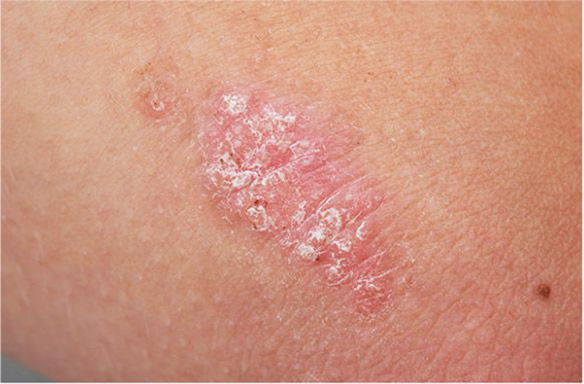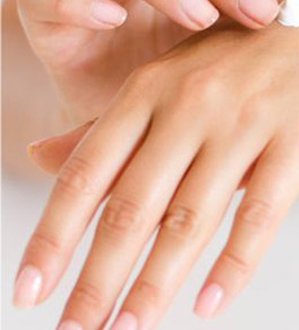What are the symptoms of Psoriasis and how to treat it?

CHENNAI: World Psoriasis Day is observed on the October 29 every year to create awareness of the disease, understand its nature and therefore improve all-round management of the disease.
Psoriasis is a dermatological problem characterised by red scaly raised patches on the skin. The disorder is immune mediated. When the body is attacked by bacteria, viruses and other foreign proteins, the immune system of the body reacts with a protective response called inflammation. And that’s how psoriasis occurs.
Types of psoriasis
Psoriasis can occur anywhere in the skin including face, scalp, folds and palms and soles. The scaly patches may be of plaque type which is the most common presentation. Sometimes it may appear as red drop like patches (guttate psoriasis) or occur only in the folds (inverse psoriasis), or as tiny pus filled boils (pustular) and rarely as erythrodermic psoriasis. Erythrodermic psoriasis is an uncommon type of psoriasis where more than 90 per cent of the body surface area will appear fiery red and scaly. There is severe itching and pain and the condition is life threatening. Immediate medical attention is then necessary. Psoriasis can also affect the joints (psoriatic arthritis) causing pain and swelling and difficulty in movement.
Treatment Topical medications
Topical treatments are creams applied to the skin and are usually used as first line of treatment in mild psoriasis or used in combination with internal medicines in moderate to severe disease.
Phototherapy
This is carefully measured light therapy which involves exposure of the skin to ultraviolet light. Narrow band Ultraviolet B (UVB) light penetrates the skin and slows the growth of affected skin.
Systemic medications
These are drugs that are prescribed orally for the treatment of psoriasis. The most common drugs are acitretin, methotrexate and cyclosporine. Acitretin shouldn’t be consumed by females of child bearing age, as it may cause severe birth defects.
Biologicals
A biologic is a protein-based drug derived from living cells cultured in a laboratory. These drugs target specific parts of the immune system. They are quite expensive. They block certain strong inflammatory mediators which are responsible for the development of psoriasis such as TNF α (tumor necrosis factor alpha) that are acted upon byetanercept and infliximab and interleukins 12 and 23 that are dealt by drugs like ustekinumab .
Tests you may have to do
Your dermatologist will ask for some tests after a complete clinical examination. Some basic investigations include blood tests, urine analysis, chest X ray, ultrasound of the abdomen. Thorough screening for infections before starting internal medicines is essential. The number of tests and nature of investigations will also depend on various factors of each patient such as age, presence of diabetes, obesity, hypertension, previous treatment for tuberculosis or any other coexisting medical condition.
Dr. M. Shraddha MD, DNB, PhD.
Consultant dermatologist
Apollo Hospitals
Greams Road, Chennai
Helios Advanced Skin, Hair & Laser Clinic
Pallavaram



